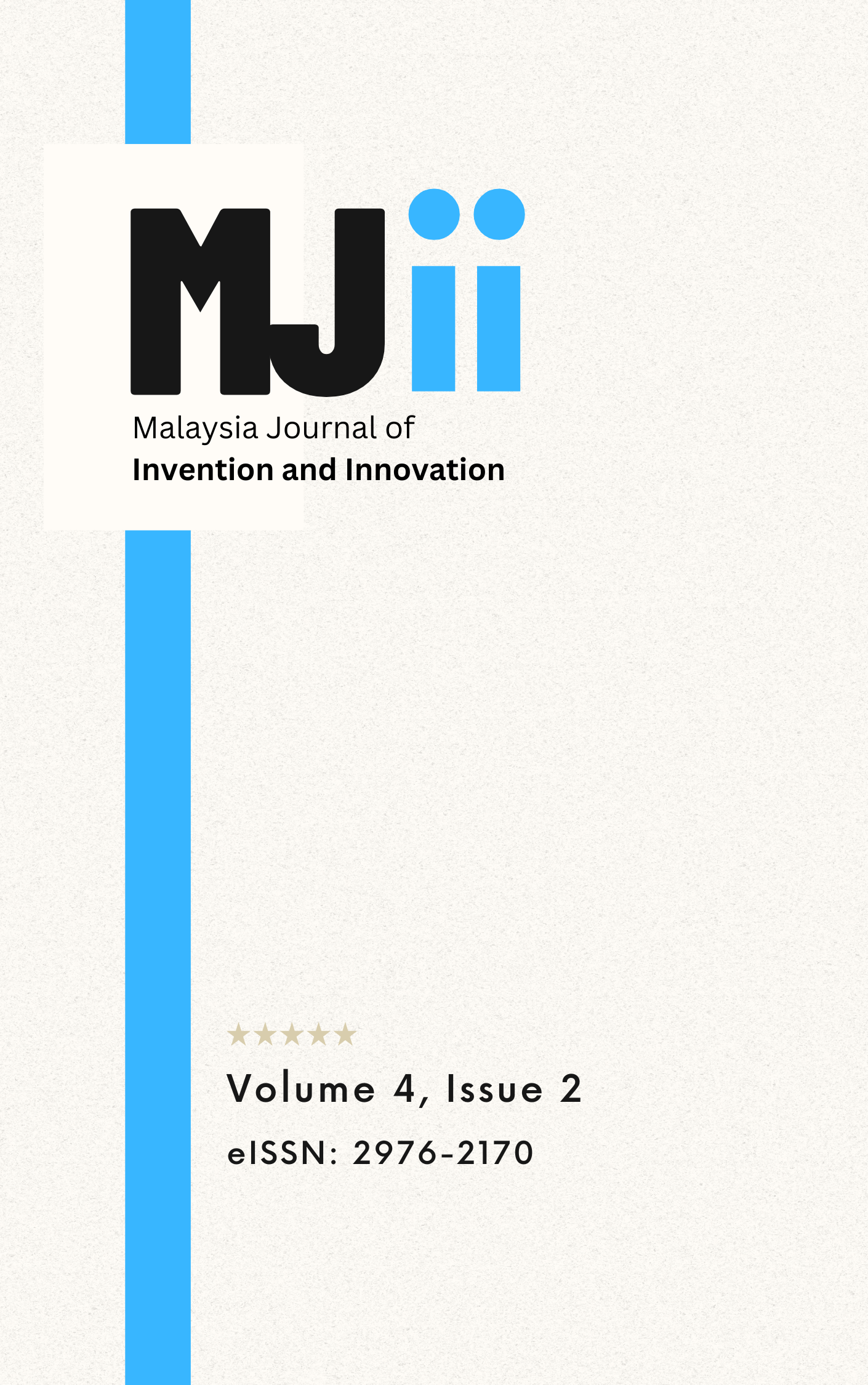Design of a Process Control Laboratory Curriculum Incorporating Simulation Modules and Hands-On Training for Enhanced Learning Experience
DOI:
https://doi.org/10.64382/mjii.v4i2.80Abstract
Integrating Industry 4.0 principles into laboratory programs is essential for mastering modern process control. However, many existing curricula rely heavily on direct instrument use, which may not fully prepare students for Industry 4.0 requirements. In response, Universiti Teknologi PETRONAS has introduced an updated, simulation-focused curriculum, starting with the CEB3032 Chemical Engineering Laboratory III course for the January and May 2021 cohorts, which included 207 and 162 students, respectively. These cohorts faced limited hands-on training opportunities due to COVID-19, underscoring the need for enhanced practical skill development through simulation. To prepare, the university carefully selected suitable experiments for process simulation, modeling them using dynamic simulation tools. Students were exposed to methodologies such as Euler's, Runge-Kutta, and Gear methods for lumped parameter systems, and finite difference methods for distributed systems, to understand the calculation basis underlying the dynamic system. Within this curriculum, students participated in simulation creation, experimentation, results documentation, and comparison with conventional laboratory results. Advanced Bloom's Taxonomy and the Five Es Inquiry-Based Learning model were key components, allowing students to design their own labs and explore foundational control principles. Feedback and performance metrics highlighted the program's success, with improved student performance indicators, including higher rates of top grades (e.g., A's) and a rise in median scores. Approximately 30% more students earned grades from B to A, and many reported that process simulation had significantly strengthened their ability to apply theoretical knowledge in laboratory settings. This approach's success points to its potential for broader academic adoption, offering a scalable, cost-effective model adaptable to various engineering curricula using existing simulation resources.
Downloads
Published
Issue
Section
License
Copyright (c) 2025 Serene Sow Mun Lock, Irene Sow Mei Lock, Lam Ghai Lim

This work is licensed under a Creative Commons Attribution 4.0 International License.
The authors of MJII retain copyright to the content of the articles.
The content is published under the Creative Commons Attribution (CC BY) 4.0 which allows content to be copied, adapted, displayed, distributed, republished, or otherwise re-used for any purpose, including for adaptation and commercial use provided the content is attributed without any restriction.
Authors Rights
The Journal grants you the following non-exclusive rights, subject to giving propoer acknowledgement to the original journal. The authors may:
(i) to reprint or reproduce the contribution, in whole or in part, in any publication of your interest.
(ii) to use material for teaching purposes; including availability of the matarial in academic course.
(iii) to post a copy of the contribution on your personal or institutional web server, provided that the server is non-commercial and there are no charges for access, and
(iv) to deposit a copy of the contribution in a non-commercial data repository maintained by an institution of which you are a member.
Author's Agreement
Author(s) guarantee the journal the following:
(i) that the contribution is their original work;
(ii) that it contains, no matter what, content that is defamatory or is otherwise unlawful or which invades rights of privacy or publicity or infringes any proprietary rights (including copyright);
(iii) that the contribution has not been published elsewhere in whole or in part and that no agreement to publish is outstanding other than this agreement. Author(s) agree to be responsible and hold the journal, its editors, staff and affiliate organizations harmless against any claims arising from or related to the breach or inaccuracy of any of the guarantees listed above.
Disclaimer
The editorial team of the MJII and the publication team of Academica Press Solutions share no responsibility regarding the views and opinions expressed by the authors.
The content published in MJII is Open Access and can be shared, adapted, reproduced, reprinted, after appropriate acknowledgment and giving due credit to the author(s) work.


